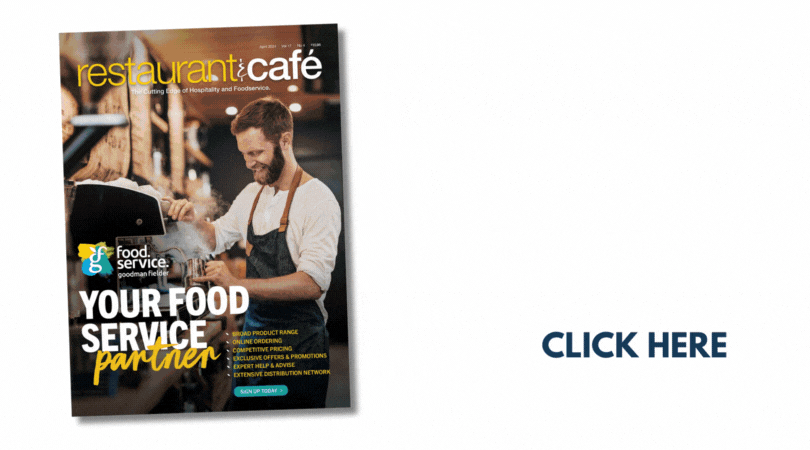Australian Federal Government data released recently has again confirmed that the automatic CPI indexation of spirits tax is undermining its efforts to curb inflation.
Spirits tax increased yet again on February 5th to a new high of $101.85 per litre of alcohol, off the back of the December quarter CPI increase. Spirits & Cocktails Australia chief executive Greg Holland said it is the 74th such increase levelled at Australian spirits manufacturers, which were already paying the world’s third highest spirits tax.
“Inflation is still well beyond the target rate of 2.5 percent and we can safely assume that spirits excise remains a major culprit, because the ABS previously disclosed that spirits was the biggest contributor to rising alcohol prices in the September quarter,” he said.
“The Alcohol category was the biggest contributor to the December CPI quarter increase, accounting for a 2.8 percent rise.
“This was nearly twice the rate of the next highest category, Insurance and Financial Services (up 1.7 percent), even taking into account that insurance prices last year experienced their strongest annual rise in 22 years.”
Holland said the figures should compel the Federal Government to reconsider the automatic indexation of spirits excise, an archaic policy introduced by the Hawke Government in 1984.
“That was a time when Australians were mostly drinking cask wine and Foster’s. If this tax was appropriate back then, it certainly isn’t now. Our tastes have changed in every way, with more and more Australians appreciating spirits as their preferred tipple in mixed drinks and cocktails," said Holland.
“We call on the Federal Government to freeze this unbearable tax at the current rate for two years so that we can all sit down at the table and discuss a workable solution.”
Australian Distillers Association chief executive Paul McLeay said automatic indexation has opened up a chasm in pricing between spirits and other alcohol categories, which were taxed at a lower rate from the outset.
“The compounding effect of these six-monthly increases is now being felt with increasing severity by spirits manufacturers and consumers. Without intervention, the current alcohol tax system is increasingly discriminating against Australians who enjoy whisky, gin, vodka and other spirits.”
McLeay said there were only two distilleries subject to this tax when it was originally introduced.
“Now, there are more than 600 spirits manufacturers affected by this archaic policy. Our industry contributes $15.5 billion in added value to the Australian economy, supporting 5,700 spirits manufacturing jobs and a further 45,400 jobs in spirits wholesale, retail and hospitality. The Federal Government must act now to safeguard our industry’s future by temporarily freezing this unfair and damaging tax.”






